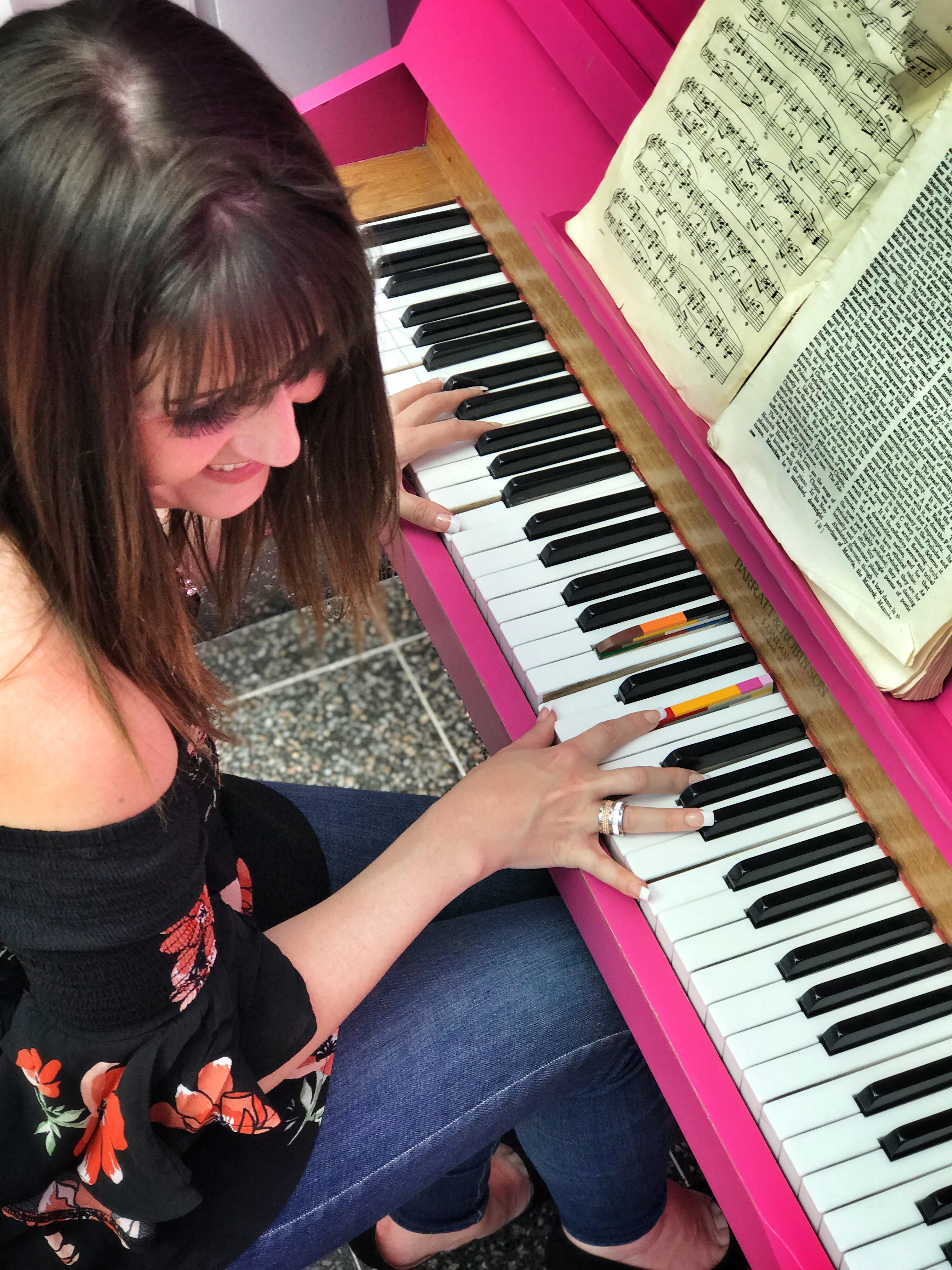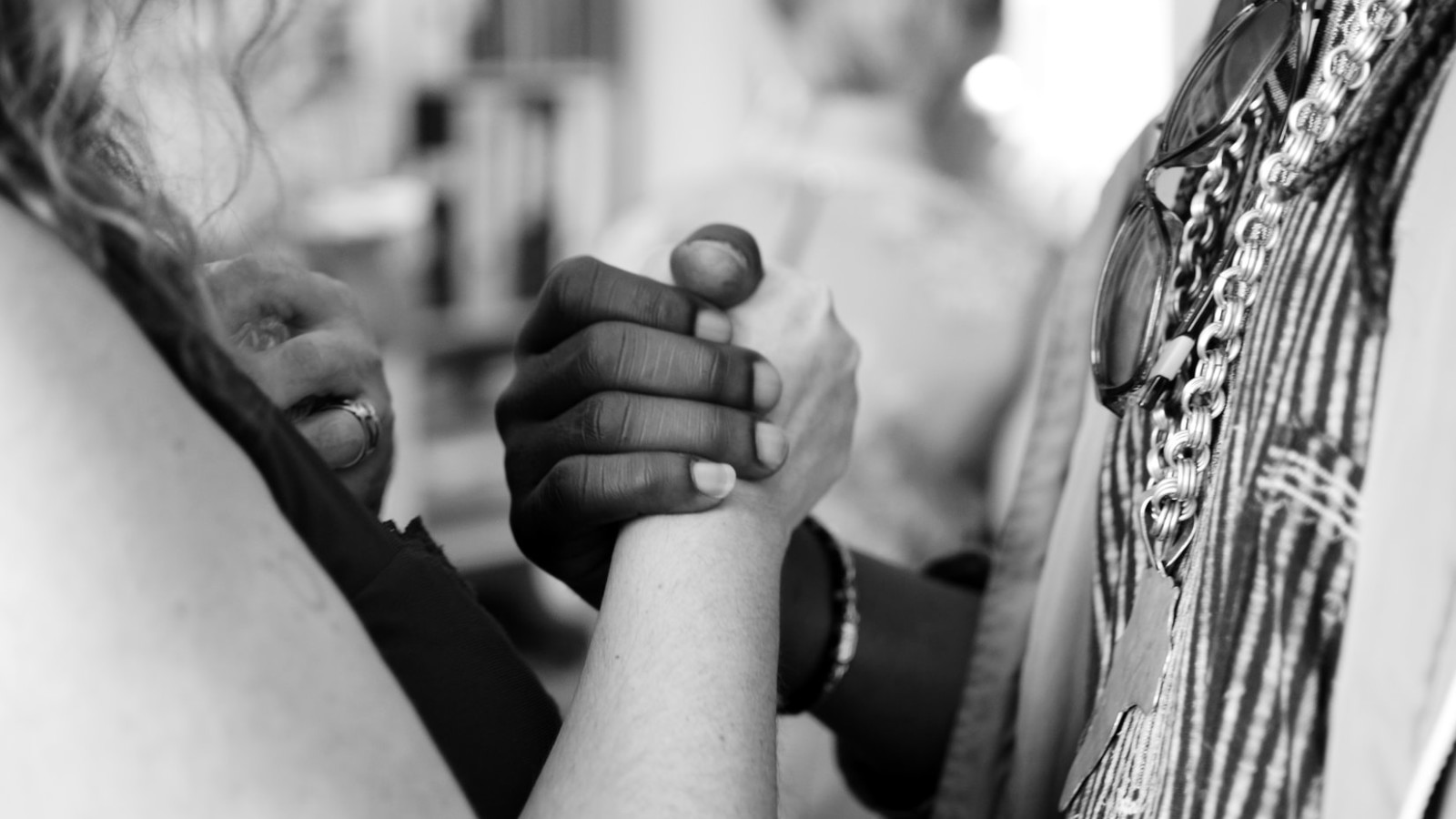Context is really important now. It’s important for us as humans, it’s important for us as communicators and it is important for us as brands. The context in which we are living is perhaps more important to brands than it has ever been. Understanding that context and how humans relate to it is not just critical, but vital in creating customer experiences.
I studied psychology for my A Levels (many moons ago) and I have always had a fascination with human beings and the human condition. When I talk about experience, I think about humans. I don’t just think about how you or I can create an experience from a brand perspective. You have to really understand humans to create good experiences because they choose to spend money with your brand and experience it, after all.
Why am I talking to you about psychology?
I’ve fed my brain a lot of diverse reading recently, especially reading that revolves around how we are functioning in what is becoming an increasingly difficult time. I’ve also applied some of my own learnings from my studies and I wanted to share them with you.
I’m not going to litter this post with doom and gloom, but if you really want to make a difference to your customers today, tomorrow and for the future, then please bear with me and read on. It’s really important that you know this.
Context And My Own Experience.
For the majority of 2020, when I was asked how I was, I answered with truth and sincerity, I was pretty much fine. When I have thought too much about the circumstances, missing family and friends and those we have sadly lost through the pandemic, I would feel very very sad. I suffer with anxiety so some days have been quite unbearable at times, but in the majority, my life improved in a lot of ways.
The slower pace had allowed me to appreciate things more, to look at myself more, to think about the things I wanted to do and achieve, to set better boundaries, to be more grateful, to find an increasing love for nature and getting outside, to better my cooking skills (yep I can actually cook now, and bake!), to play the piano more and to live in the moment a bit more. I have also managed to keep a consultancy running. I fully support myself financially so to not have to worry about bills has been a real blessing to me.

I like to think I lived a pretty ‘lucky lockdown’ if that’s even something to say. But in my small corner of the world, with the good neighbours, loved ones, family and friends that I have, I felt very fortunate.
I still feel very fortunate, however, I, like many, began to feel my mood slip a little bit after Christmas 2020. Don’t get me wrong, I’m not crippled with low mood but I have noticed a shift.
Having spoken to close friends, loved ones and family I know I’m not alone. There is not one person I can think of who isn’t struggling more with this lockdown.
Please bear with me if you’re starting to get pandemic overload, BUT if you are genuinely interested in creating great customer experiences, you MUST think about context to be remembered. There is something pretty big and prominent happening here and it’s backed up by research too.
I shall continue…
Just in my small circle of friends I have seen a number remove social media from their phones, many talking about not watching the news and plenty investing £100’s of pounds on vision board materials and gratitude journals. People want to feel better and are actively seeking out any way possible to achieve this.
In the middle of a this third lockdown, after almost ten months of restrictions and with virus case numbers that have been higher than ever, pandemic fatigue is really starting to kick in – mental stamina is lower.
In a recent study from Ipsos Mori, 6 in 10 Britons have admitted finding it much harder to stay positive during this lockdown. This is both in the day to day alongside more long term thinking. Interestingly the number increased to almost 7 in 10 where women were concerned and a mere 7% of the population are finding it easier to be optimistic about the future.
The Office for National Statistics recent data has shown that the number of people suffering from depression has doubled.
Why is this happening now?
It’s interesting isn’t it. Now is the time when we know there is a vaccine. We can see that it is being rolled out and there is a proverbial ‘light at the tunnel’.
So why is it now that as a world we are feeling worse than we have felt during previous lockdowns?
I remember in college studying something called reward-seeking-behaviour.
Reward-seeking behaviour works like this: At one end of the scale is an addiction where our motivation to receive a reward is in overdrive. At the other end is a mental state in which rewards are not sought out because chemically the brain doesn’t believe that there are any rewards to find. At this end of the scale, the desire to seek out pleasure is suppressed, which leaves us with boredom, sadness and even varying degrees of depression.
Collectively, I believe we are more likely to be at the lower motivation end of the scale. During previous lockdowns, there were closer-term rewards: less restrictions, a return to a slightly better normality, in-person time with other people. We had the carrot dangled by Government as a motivational tool to encourage compliance, and some rewards were reaped in periods of short term freedom.
What we are now experiencing is not just the worst physical environment of this pandemic (winter weather – minus the snow days which have been a rather beautiful distraction! – shorter days, and a new mutant strains of the virus with higher levels of transmissibility), but it is also an environment in which a reward seems more elusive than it has ever been.

It is hard to seek out pleasure when we continue to be limited to our homes, and exercise in near-freezing weather.
How many times so far have we heard that things will be normal by Spring and if not Spring, then Summer. We have also been fed multiple media messages that the current lockdown may last until May (in the UK anyway). We have also been told that the new variants of the virus may limit the effectiveness of the vaccine. Essentially, none of the messages that we are being fed really inspire much hope. We have no idea currently when this lockdown will end. We are fed with continuous uncertainty and that makes it hard to draw out much joy.
It makes it hard for you, for me, AND, it makes it hard for your customers.
If you are still here, thank you. I know it took a little while, but we are often so quick to get caught up in the day-to-day or, to think about ‘The next big thing’ or ‘the latest gimmick’ or ‘the right brand messaging’ or ‘creating the perfect piece of content that’s going to really do great things for our brand’ that we fail to slow down and observe, make sense of, relate and understand what is happening around us, what is happening to our customers, what is happening to the human race, the world, the planet.
NOW is a time to slow down and to take notice.
One of the best things you can do and apply in every element of your customer experience this year is to lead with empathy and understanding. It might sound simple and basic, but I really mean it. You may say you have empathy, but do you?
Do you really have empathy?
Or, is it a buzz word that you throw out and say you have because it has become a popular thing to say?
In order to connect with our customers and give them the best possible experience with us, we must first understand them. We must first understand their emotions and how they are feeling, what they are experiencing, what they are going through.
One of the best ways to do this is examine yourself. Ask yourself, what are you really going through? Are you finding this time particularly challenging?
And if you’re not, are your family? Are your friends? …. At least 6 in 10 Britons are.
Don’t throw out the razzle dazzle.
I’m not for one minute suggesting throwing out the excitement and razzle dazzle of experience creation and customer experience, I’m not suggesting to not create that stunning piece of content you’ve got planned or stop thinking about brand message or experience, what I am suggesting however is to lead with human first rather than a brand first approach.
LEAD WITH EMPATHY this year…. As a minimum and as a priority.
The world is heavy right now and creating an experience that empathises with this will be far more memorable than the majority of things that you may be planning.
As Maya Angelou famously said:
“I’ve learned that people will forget what you said, people will forget what you did, but people will never forget how you made them feel.”
If you empathise with them, they’re likely not to forget that. Make them feel good when they think about your brand, you do this by thinking about what matters to them, you do this through empathy.
How will you be remembered with your customers and potential customers and customers of the future when this pandemic is over?
Ask yourself this, every day, then take action, accordingly.
Until next time, empathy, empathy, empathy and keep raising the bar in experience.
Yours, In Experience,
Victoria.


